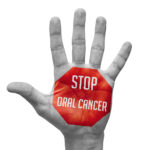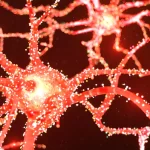
Understanding Cancer
Most cancers are thought to be caused by a lifetime of genetic mutations.
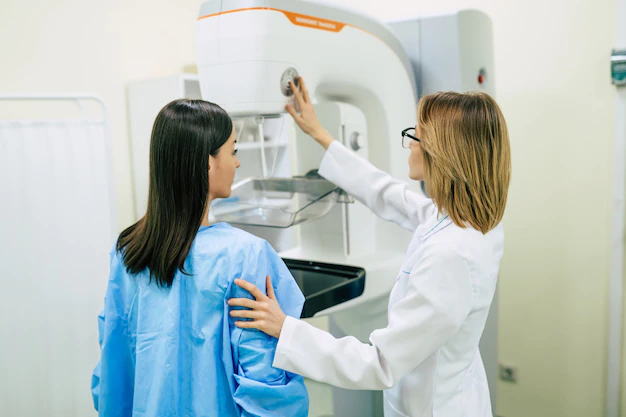
Cancer Incidence and Survival
Cancer is scary, but the risk of dying from it is declining.

Know Your Family History for Cancer
Do you have a family history of cancer? Find out if genetic testing is right for you.
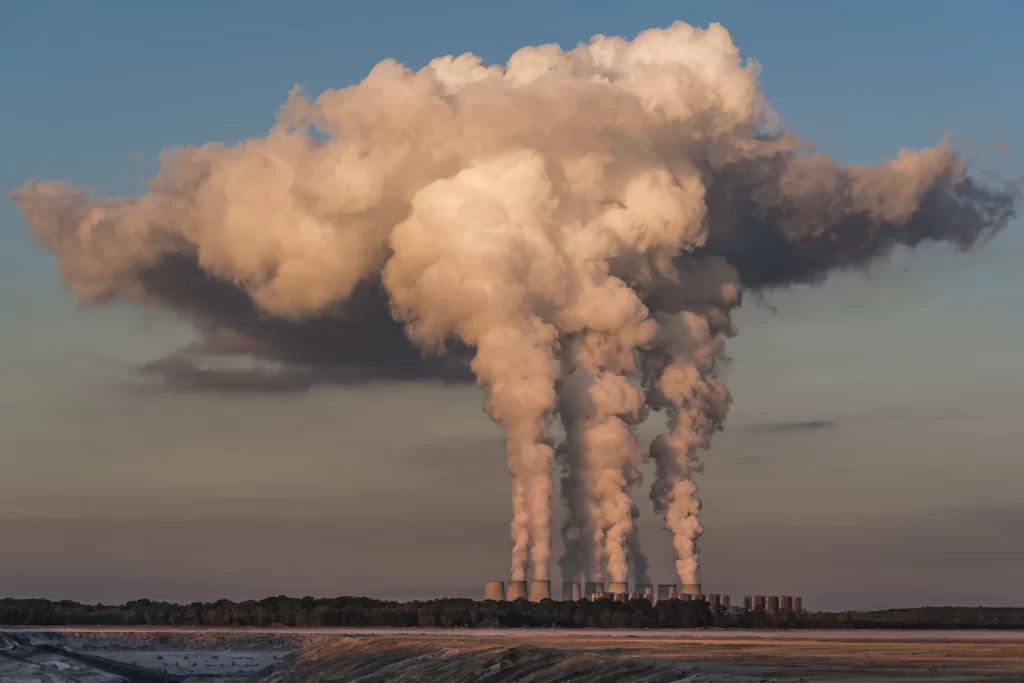
Toxins and Cancer
Researchers have had a difficult time trying to untangle the role environmental toxins play in causing cancer.

Making Sense of Health News on Cancer
Here are some tips on how to critically assess media reports on cancer.

Types of Cancer Studies
Learn how to decipher the different types of cancer studies.
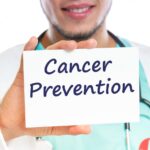
How to Reduce Your Cancer Risk: The Big 12
By following these 12 tips, you will go a long way toward reducing your overall cancer risk.
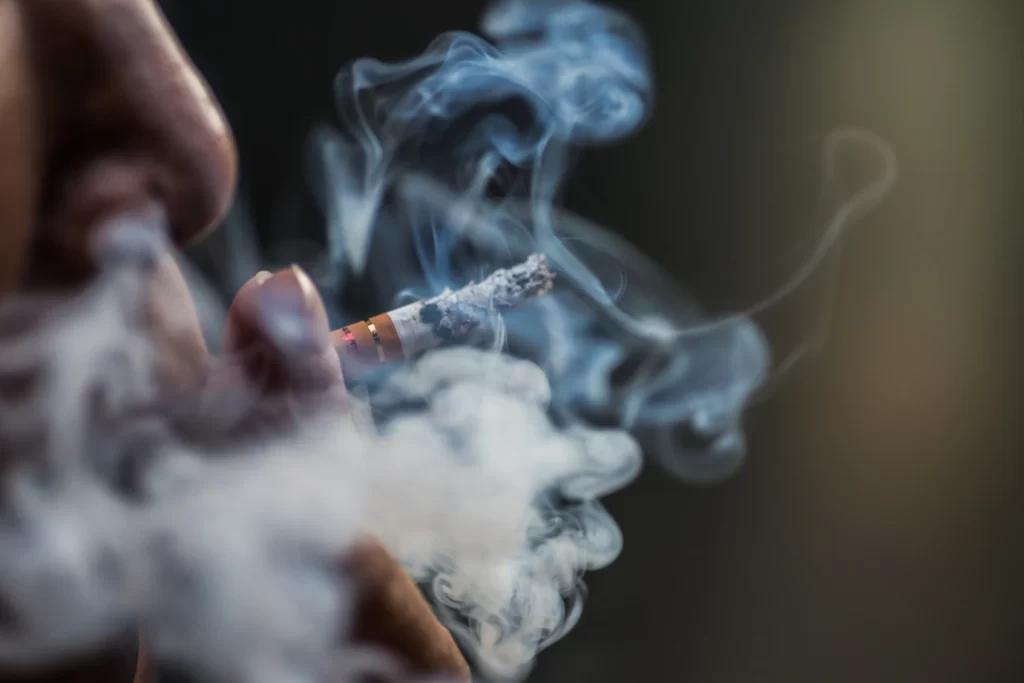
Prevent Cancer: Don't Smoke or Use Any Tobacco Product
Smoking increases your risk for nearly a dozen types of cancers, so quit smoking while you can.

Prevent Cancer: Keep the Weight Off
Maintaining a healthy weight can prevent cancer.

Prevent Cancer: Get Off the Couch
Studies suggest that exercising and physical activity that includes walking may reduce the risk of cancer.
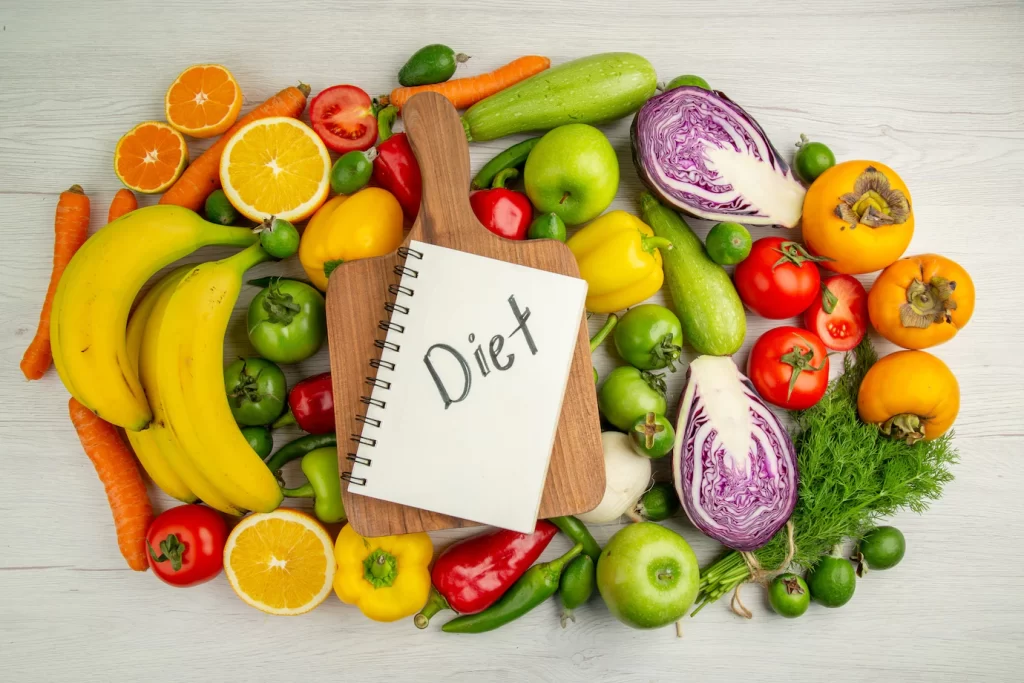
Prevent Cancer: Eat a Healthy Diet
Decrease your cancer risk by eating a diet as close to vegetarian as possible.

Prevent Cancer: Drink Less Alcohol
The more alcohol you drink, the greater your risk for cancer.

Prevent Cancer: Limit High-Heat Cooking
Barbecuing is a cherished American pastime for many people, but cooking high-protein foods over high heat can increase your risk for cancer.

Prevent Cancer: Limit Sun Exposure
If you are worried about skin cancer, having sunscreen, a hat, and an umbrella are a must when spending time outdoors.
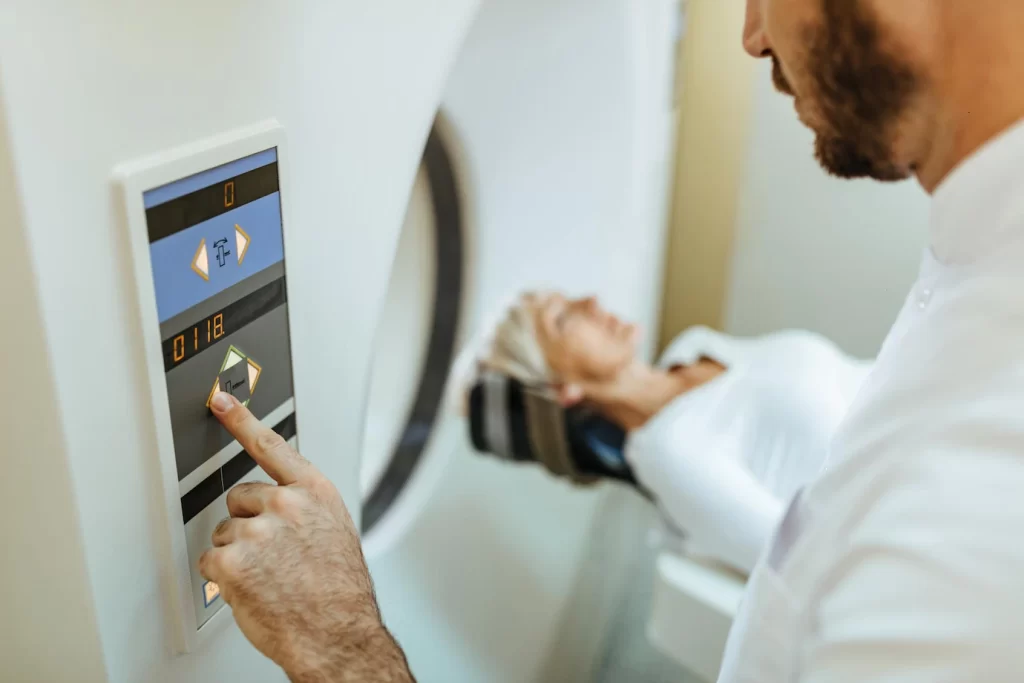
Prevent Cancer: Limit Radiation from Medical
Imaging Tests
CT scans, and other medical imaging, account for half of the average American’s radiation exposure.
Imaging Tests

Prevent Cancer: Test Your Home for Radon
You can’t see, smell, or taste radon—a radioactive gas that can cause cancer.
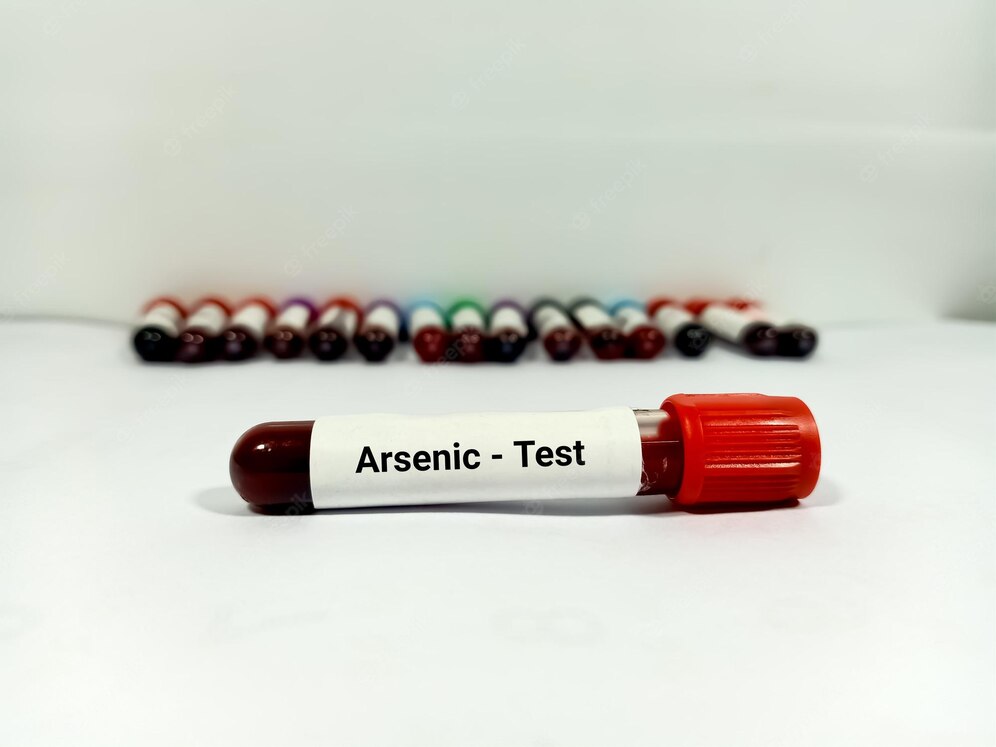
Prevent Cancer: Test Your Tap Water for Arsenic
Test your water for arsenic if you get your water from a well.
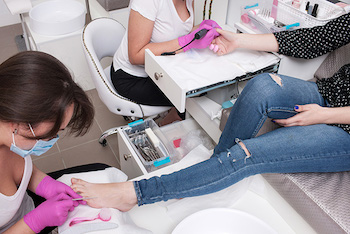
Prevent Cancer: Decrease Your Workplace Exposure
to Carcinogens
If you work in a place where you may be exposed to carcinogens, check to see if your employer is following federal regulations.
to Carcinogens

Prevent Cancer: Decrease Exposure to
Air Pollution—Outdoors and Indoors
Here are some steps you can take to reduce your exposure to outdoor air pollution and thus decrease your cancer risk.
Air Pollution—Outdoors and Indoors

Cancer Risk and Cell Phone Use
Does cell phone use increase the risk for cancer?

Cancer Risk and Bisphenol-A (BPA) in Hard Plastics
Food safety agencies have been at odds on whether BPA increases cancer risk. Learn tips on how to protect yourself, just in case.
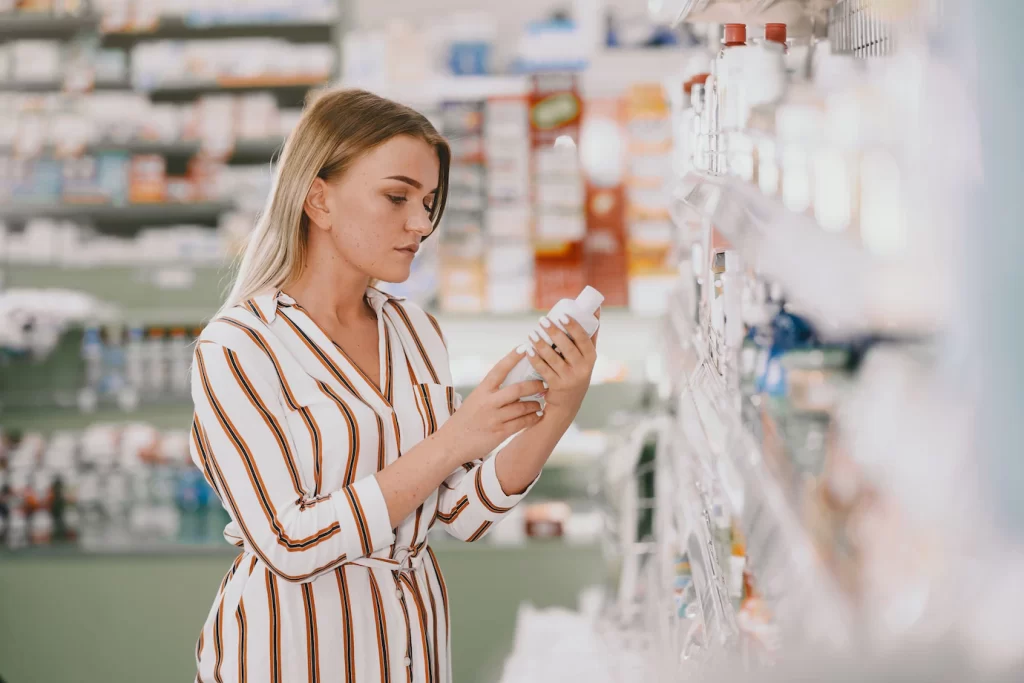
Cancer Risk and Parabens in Cosmetics and Personal-
Care Products
Find out what parabens are and if they are safe.
Care Products
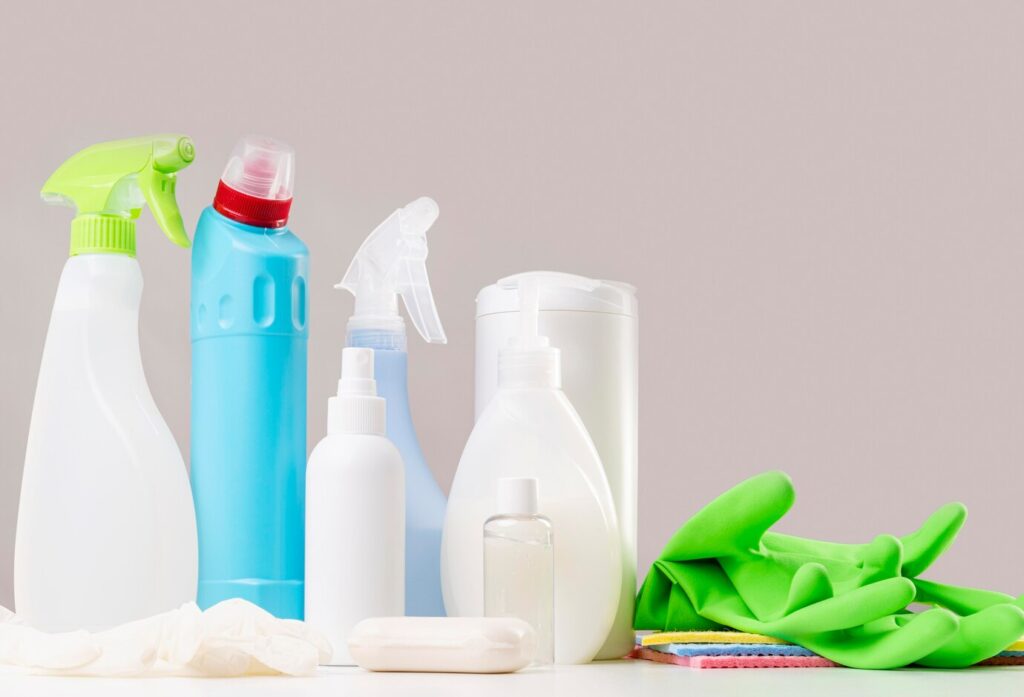
Cancer Risk and Endocrine Disruptors
Here are some other chemicals that can disrupt the endocrine system and have bad effects on health.
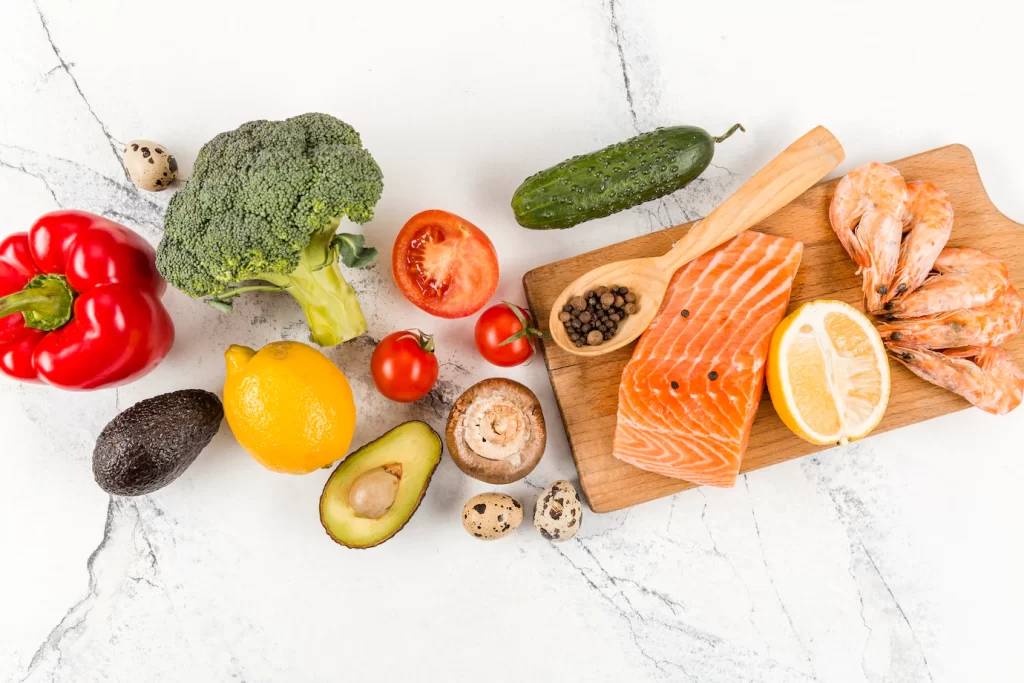
Cancer Risk and Pesticides on Produce
Learn how to protect yourself from synthetic pesticides in fruit and vegetables.

Cancer Risk and Lawn Pesticide
Pesticides for lawns aren’t really necessary, so why take the risk?

Cancer Risks You Don't Need to Worry About
Learn the facts about cancer myths.

Does a High-Fat Diet Increase Cancer Risk?
Short answer: yes. Some studies found that people who eat high-fat diets are at increased risk for various types of cancers.

Beta-Carotene, Folic Acid, and Cancer
Recent clinical trials found that beta-carotene and folic acid supplements do little to prevent cancer, and in some cases, very high doses may actually increase cancer risk.
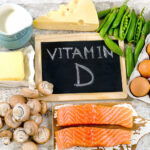
Vitamin D and Cancer
Here's what the science says about Vitamin D’s role in cancer prevention.
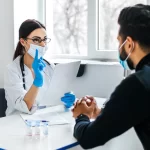
Recommended Cancer Screening Tests
Routine cancer screening increases a person’s chances of having a cancer found early, when it is less likely to have spread and is more easily treatable.

Breast Cancer Screening
Learn about different recommendations for when to begin mammogram screening.
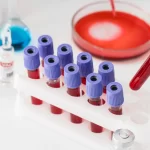
Ovarian Cancer Screening
Warning: women should not be regularly tested for ovarian cancer.
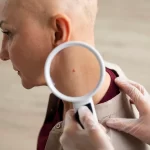
Skin Cancer Screening
Find out if you are at a high risk for skin cancer.
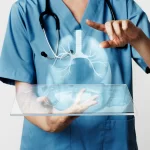
Lung Cancer Screening
Screening for lung cancer using CT scans could save lives.

Oral Cancer Screening
Your mouth can look perfectly normal even when cancer is present.
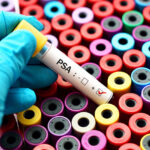
PSA Testing for Prostate Cancer
Prostate-specific antigen (PSA) testing is used for screening men for prostate cancer—here is a rundown on the widely used test.
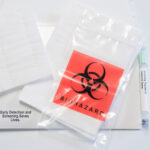
Colorectal Cancer Screening
Studies show that colorectal cancer can be cured or even prevented if it is discovered early.
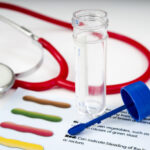
Alternatives to Colonoscopy for Colorectal Cancer
Screening
If you don’t want to do a colonoscopy to screen for colon cancer, there are less invasive options.
Screening

Breast Cancer Risk Reductions
Learn how to prevent breast cancer.
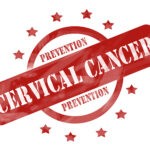
Cervical Cancer Risk Reductions
Here is what you can you do to prevent cervical cancer.

Colorectal Cancer Risk Reductions
Here's how to reduce your risk of colorectal cancer.

Folate and Colorectal Cancer
The research behind folate and colorectal cancer remains mixed.
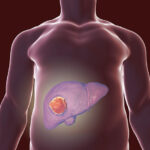
Liver Cancer Risk Reductions
Learn about the ways you can prevent liver cancer.

Prostate Cancer Risk Reductions
Here are some tips on how to reduce your risk of prostate cancer.

Skin Cancer Risk Reductions
Here are some tips on how to protect yourself from the sun, like wear a wide-brim hat, sunglasses, protective clothing, and taking niacinamide.

Indoor Tanning and Skin Cancer
Beware of health claims promoted by the indoor tanning industry. In reality there are few benefits if any and tanning devices dramatically increase the risk for skin cancer.

Can an Aspirin a Day Keep Cancer Away?
The best evidence for aspirin’s anti-cancer effect is for colorectal cancer.

Aspirin Use for Lowering Risk of Gastrointestinal
Cancer
Find out how aspirin may help lower your risk of cancer.
Cancer
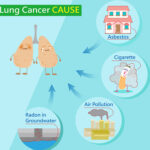
Preventing Lung Cancer
The best way to prevent lung cancer is to avoid or quit smoking.
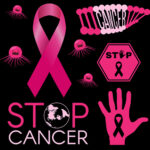
Guidelines for Women at High Risk for Breast Cancer
If you’re at high risk of breast cancer, here are some risk-reduction options you may want to consider.
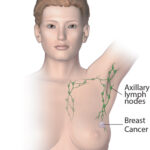
Breast Cancer Overview and Causes
Breast cancer is one of the most common cancers in women, and the risk factors are complicated.
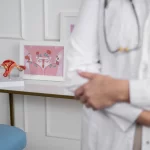
Screening and Prevention for Cervical Cancer
Learn about the many screening methods for detecting cervical cancer.
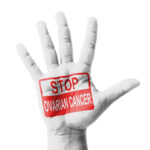
Possible Prevention of Ovarian Cancer
If you are at high risk for ovarian cancer, you may want to take some steps towards cancer prevention.

Lung Cancer in Women
Lung cancer is an epidemic among women, learn how to prevent it and when to begin cancer screening or undergo a CT scan.
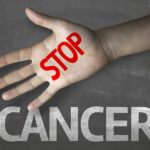
Men and Cancer: Prevention and Early Detection
Early screening and detection is key for these three types of cancer that cause the most cancer-related deaths.
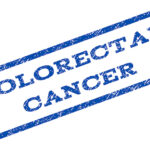
Colorectal Cancer in Men
Undergo colon cancer screening and get a colonoscopy, it can save your life.
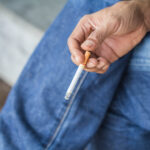
Lung Cancer in Men
Here's the best way to prevent lung cancer—don't smoke or quit smoking, and get screened early with a CT scan.
